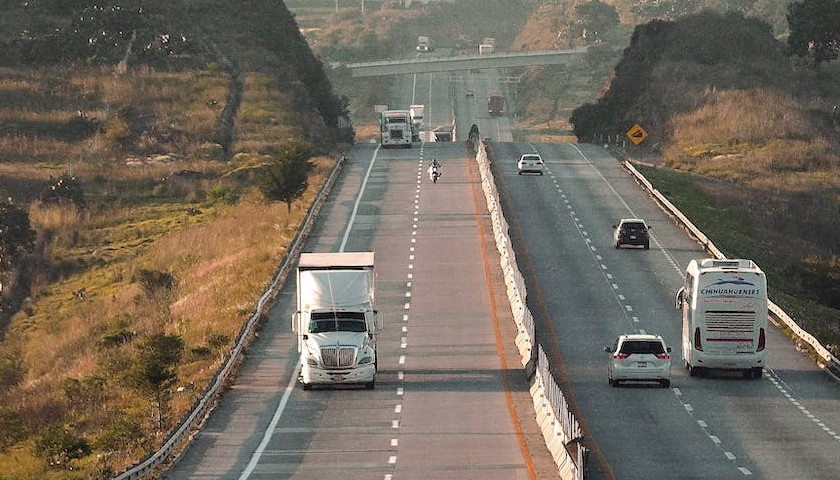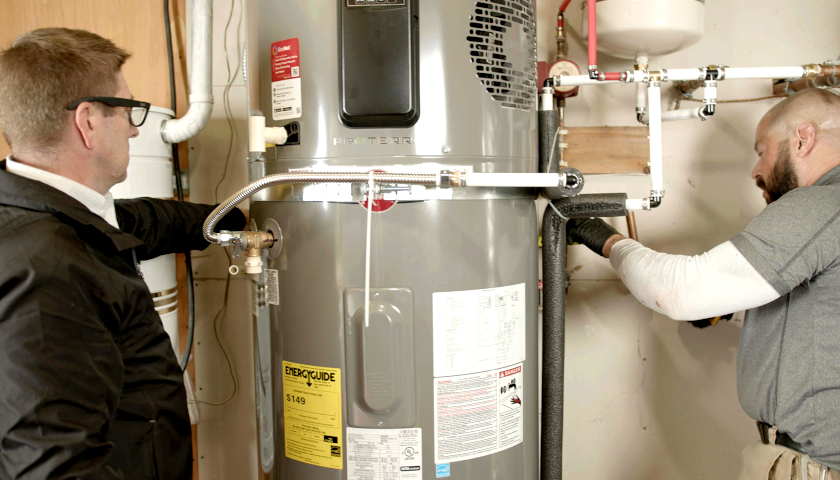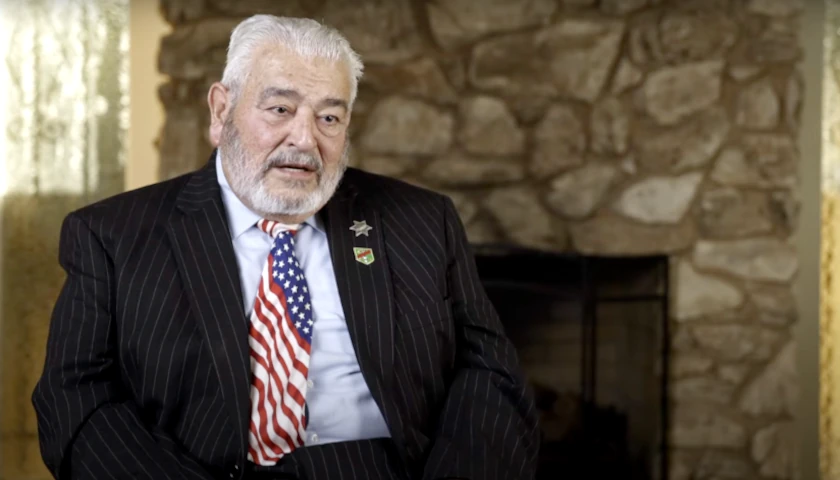by Christian Wade
Truckers are criticizing a new Connecticut law charging them a tax for driving on the state’s roadways, with a trade group weighing a legal challenge.
The new law, which went into effect on Jan. 1, requires commercial truckers to pay rates ranging from 2.5 cents per mile for trucks with a gross weight of 26,000 pounds to 10 cents per mile for trucks weighing 80,000 pounds. Trucks weighing more than 80,000 pounds are slated to pay 17.5 cents per mile under the new regulations.
State officials expect the new tax to drum up more than $90 million annually, which will be used mostly for transportation projects aimed at blunting the impact of climate change.
But truckers say the new tax will saddle them with additional expenses amid record high inflation and other pressures, and predict the higher costs would be passed onto consumers.
“We believe this is an unfair tax that’s being levied on our members,” said John Blair, president of the Motor Transport Association of Connecticut, which represents trucking businesses. “And like other taxes the increased costs will be passed down from the carriers to consumers. They’re not going to eat it.”
Blair said out-of-state trucking operations will likely curb their travel in Connecticut to avoid paying the new charges, leaving in-state businesses to pay the tax.
Truckers are hoping state lawmakers will consider easing the impact of the new levy, but said they are prepared to fight the law in court if that doesn’t happen.
“We have to look at what legal remedies exist,” he said. “We’re working with the American Trucking Association to figure out if there is a path for a legal challenge.”
Blair said the state really doesn’t need the extra money with surplus revenue, and billions of dollars in federal pandemic relief flowing into the state in coming years.
“They don’t need these dollars when they’re getting all this money from the feds,” he said. “It’s an unnecessary tax.”
The new tax was pushed through the Democratic-controlled state legislature in 2021 near the end of the previous session. Gov. Ned Lamont, a Democrat, signed it into law.
At the time, Republican lawmakers voiced concerns that the program was essentially a fuel tax increase that would saddle road users and business owners with more costs.
The move followed the collapse of a multi-state transportation pact aimed at reducing regional tailpipe emissions for both trucks and passenger vehicles.
Earlier this year, Lamont pulled the plug on his state’s participation on the Transportation Climate Initiative after the agreement failed to gain traction among 11 other Northeast states.
The pact called for creating a cap-and-invest program targeting gas and diesel fuel consumption. Under the plan, suppliers who delivered fuel across state lines would have to be taxed on emissions above limits that still must be set. Those costs were expected to be passed on to consumers at the pumps.
Supporters of the plan argued higher gas prices would encourage people to drive less often and turn to public transit, reducing emissions. Critics said the plan would have driven up costs at the pump, while doing little to reduce regional greenhouse gas emissions.
TCI was projected to reduce emissions by as much as 26% over the next decade, while generating hundreds of millions of dollars for environmental and transportation projects.
– – –
Christian Wade is a contributor to The Center Square.






RI did the same thing: it’s a truck tax above and beyond what they already pay. Those supermarket items are not riding in on the commuter train and you’ll be paying for it in the end. “The Black Hand” of government extortion.